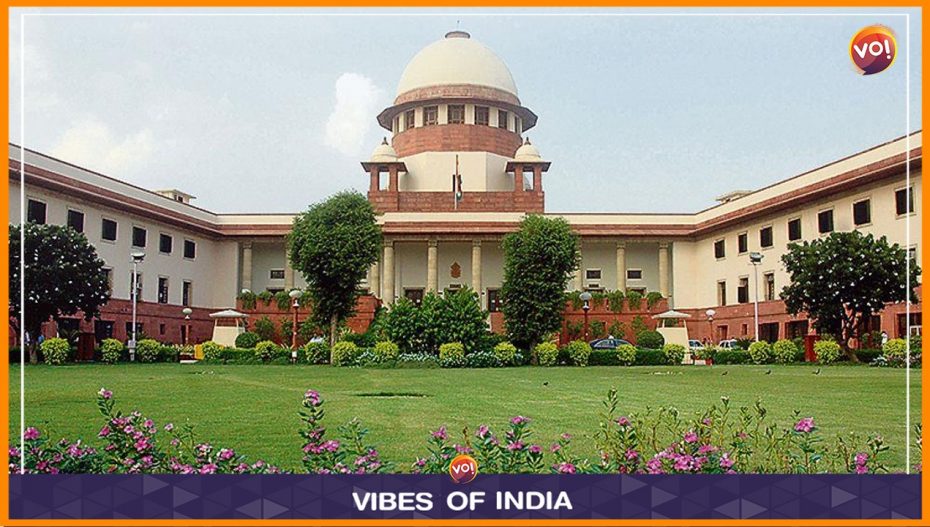Saying that a “fair and transparent mechanism” should be adopted for making appointments, the Supreme Court emphasized that an appointed person should be a brilliant, apolitical person with good character who can take independent decisions without being influenced or intimated.
A five-judge Constitution bench of Justices KM Joseph, Ajay Rastogi, Aniruddha Bose, Hrishikesh Roy, and CT Ravikumar said this when directions were sought to protect the election panel from political or executive interference.
According to the petitions, there are no checks and balances in the process of selecting EC. It allows the government to appoint people of its choice to the Election Commission.
During the hearing, the bench referred to Article 324 of the Constitution and said that this article talks about the appointment of election commissioners, but is silent on the process of appointment.
Not only this, Parliament was expected to enact a law in this regard, which has not been done in 72 years, so the Center has taken advantage of it.
The court said that political parties would never agree on making a law to set up an independent panel for the appointment as it would take away the power of the government to appoint persons of its choice, which may be necessary to continue in office.
The apex court noted that since 2004, no Chief Election Commissioner has completed a six-year term. There were six CECs during the 10-year rule of the Congress-led UPA government, while the BJP-led NDA government had eight CECs in eight years. This is troubling. There is no balance in the constitution regarding this. In this way, the silence of the Constitution is being taken advantage of. There is no law and legally they are considered correct. Nothing can be done in the absence of law.
The top court is hearing petitions seeking a collegium-like system for the appointment of the CEC. The bench said that even though the CEC heads an institution. But due to his short tenure, he cannot do anything significant. Looking at the list of Chief Election Commissioners since 2004, most of them have a tenure of not more than two years. Most of them were former bureaucrats and the government knew about their age. He was appointed at such a point that he would never complete six years and his tenure was short.
Attorney General Venkataramani, appearing for the Centre, said that as per the current procedure, the President appoints the CEC and the EC. It cannot be called wrong. The court cannot even end it. He said that the Constituent Assembly had different models earlier. They adopted this model. In such a situation, now the court cannot say that there is a need to consider the present model. There is no provision in the constitution in this regard, which requires interpretation.
On this, Justice Joseph said that it has been 72 years since the constitution was made, but despite the provision in the constitution, there is no law yet for the appointment of election commissioners. Justice Joseph said the Constituent Assembly wanted the Parliament to enact a law. It has been 72 years since the Constitution was adopted but there is no law. Whichever party comes to power will want to remain in power and there is nothing wrong with that. Our country is democratic. Democracy requires a change in government through elections from time to time. Therefore, purity and transparency are very intricately linked and are also part of the basic structure.
Justice Joseph told the Attorney General that if it is part of the basic structure of the Constitution, then it is necessary that the court review it. The Supreme Court said that Dr. BR Ambedkar had said in the meeting of the Constituent Assembly that Article 324 would prove to be a big headache for generations to come. The court has asked the Attorney General to apprise the court as to the mechanism followed for the appointment of Election Commissioners and Chief Election Commissioner. The Supreme Court will further hear the matter on Wednesday.












